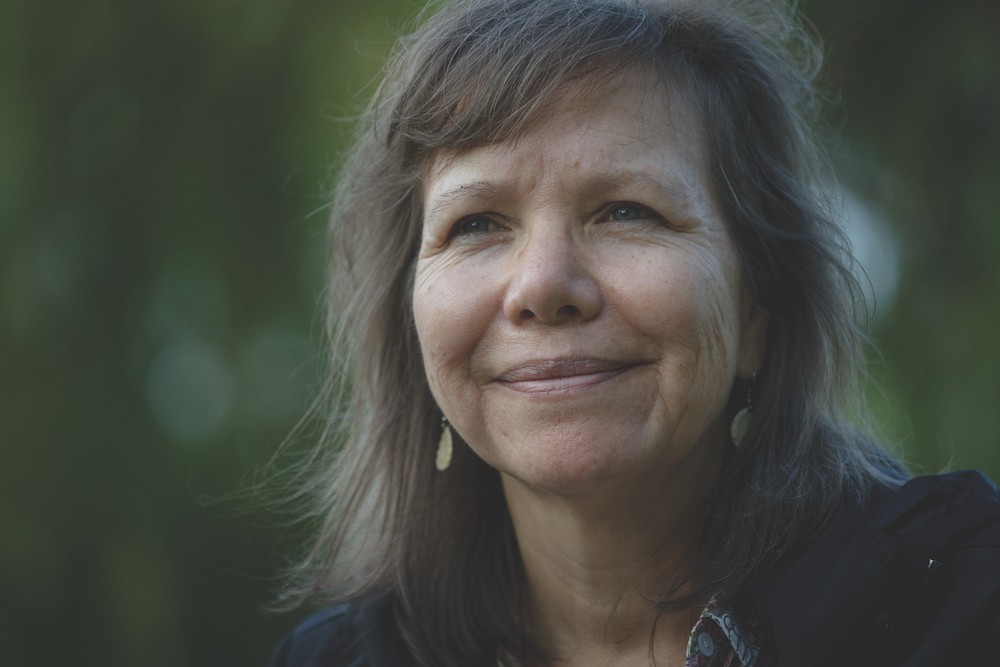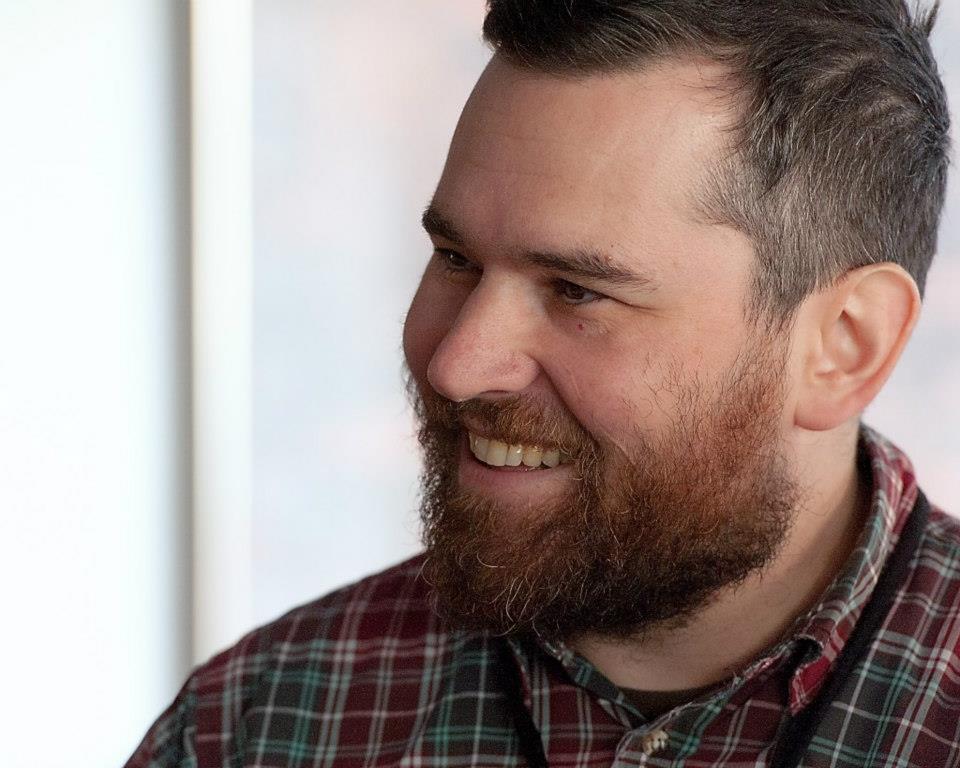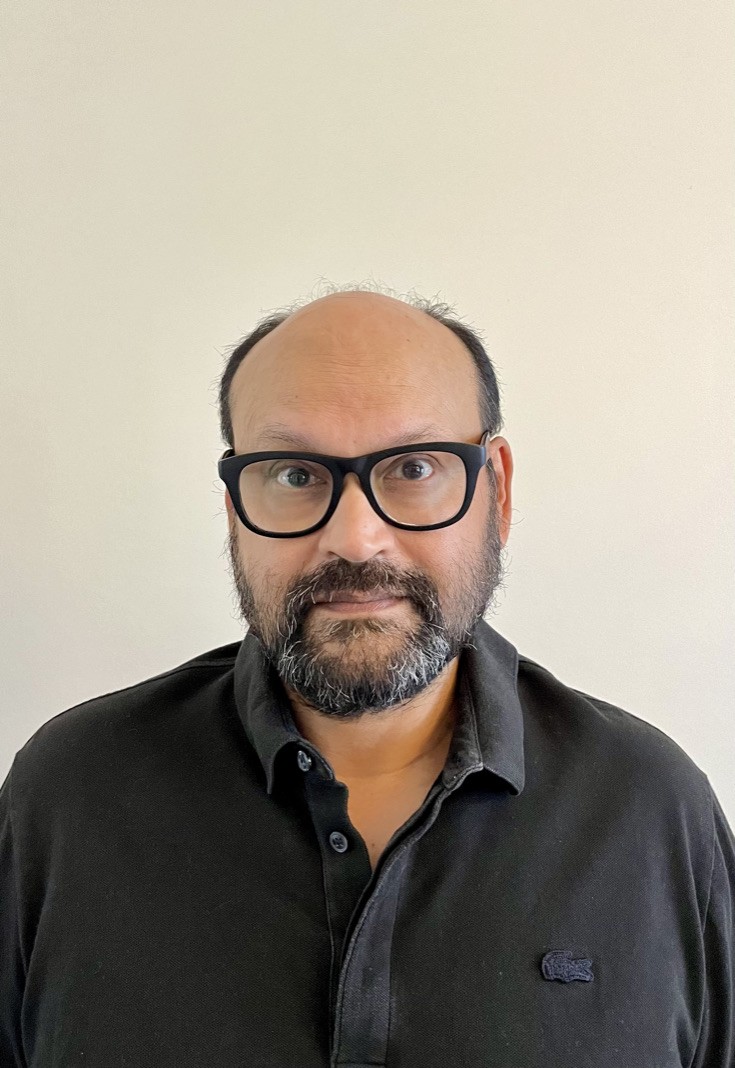The End Of Elsewhere: Travels Among The Tourists
Taras Grescoe
Macfarlane, Walter & Ross
$34.99
cloth
320pp
1-55199-082-2
Taras Grescoe quotes Pascal near the start of The End of Elsewhere, and the words are especially appropriate to both author and subject. The 36-year-old transplanted Vancouverite made a big splash with his first book, Sacré Blues, a newcomer’s view of Quebec that reads like the work of a hip anthologist. With his new one, he’s gone for something both broader and, paradoxically, more personal. The End of Elsewhere sees the writer, a veteran travel journalist, making his way by various means from one “end of the earth” (Finisterre, Spain) to another (Tianya Haijiao, China). Eschewing bogus “authenticity” in favour of “going exactly where the tourist ruts are plowed the deepest,” focuses less on the actual places than on his fellow travellers, concerned less with his own responses than with getting at the roots of why people travel and why they (mis)behave the way they do on the road, Grescoe comes up with a twist that ought to set his book apart in a crowded and competitive genre. What raises the book a further notch, though, is that for all the author’s stated determination to set self-consciousness aside, he ends up revealing a lot about his own need to wander.
The book’s initial European adventures – walking the wrong way on the Santiago de Compostella’s pilgrim’s route, motoring in France, tagging along on a low-budget continental package bus tour, lazing with the old-money set in the timewarp spas of Baden-Baden – all are sharply observed, entertaining, and funny. (Grescoe does an especially good job of finding the roots of present-day tourism in antiquity.) But we get the feeling we’ve been here before: the footprints of Paul Theroux in particular are never far away. Things heat up, though, when Grescoe ventures among the lager louts in Corfu (a heartbreaking contrast is drawn between the paradise described by Lawrence Durrell in the thirties and the swimming-in-beer nightmare of today, a change for which Durrell is at least partly responsible) and the book really comes into its own as he proceeds into Asia, where the political and moral implications of travel, especially the “alternative” Lonely Planet-driven brand, are thrown into high relief. It’s there that the author finds his objectivity melting in the heat and where spectres from his past – substance abuse, commitment issues – rear their heads. The book risks losing its shape at this point, but instead it takes on another dimension; a first-rate travel account becomes, in addition, a compelling personal odyssey.
“I wanted to expand my ambit,” Grescoe says over coffee in a Mile End bistro. He’s a very affable fellow with the look of a slightly dissipated preppy. I had asked how the new book followed from both Sacré Blues and his journalism. “I’d been doing articles where you can get never get all that philosophical, so I really wanted to think about the whole process of travelling and about the history of travelling. I’d done an article for National Geographic Traveller on the history of travel guides, so I was really interested in the relationship between text and travel, how those kind of templates have influenced peoples’ stereotypical views of places. Gradually that expanded into this idea for a metatravel book.”
I wonder how conscious he was, going in, of other writers working roughly the same territory.
There’s a kind of glib English-style of travel writing, Bill Bryson-ish books, that I actually enjoy as entertainment, but they’re very solipsistic. They turn travelling into a sort of shtick where you’re constantly riffing off yourself, using small incidents to gripe and complain and turn it all into an amusing narrative. I think that’s a reaction against the whole ‘I-regarding-the-other’ dichotonomy, which is an aspect of postmodern travel writing – aware that it’s arrogant and presumptuous to be the European male traveller observing a foreign culture. My choice was to turn the ‘other’ in my book into the fellow traveller. There’s always the backdrop of places I’m travelling through, as well as the interaction of people in these places with travellers, but I’m turning the camera around in a sense, focusing the Kodak on the people beside me. One inspiration was Mark Twain’s The Innocents Abroad, where he really talks about the people he’s travelling with, abominable Americans chipping pieces off the pyramids, that kind of thing.”
How tempting was it, especially given how atypical he was in many of his group excursions, to reveal he was a writer?
“I almost never did that. I told myself I’d be doing this undercover. Paul Theroux talks about having conversations with people on trains, then running back to his compartment to write it all down. I found myself doing that sort of thing too, sometimes even in bathrooms.”
It’s remarkable how often the travel experience, as described in this book, has next to nothing to do with the place being visited.
“Yeah, I talk a lot in the book about travel bubbles, the communities that travellers form together often to the exclusion of the places they come to visit. They don’t really interact with the people in these places. It was interesting to realize that that phenomenon goes back to the Romans, the Crusades, and pilgrimages especially.”
There’s also the frequently observed phenomenon, especially in Asia, of travellers equating authenticity solely with poverty.
“I think we’ve got this nostalgie pour la boue, this desire to get way down in the mud. But you go to these places and there are well-educated people who want to meet you. India is full of amazing local people, travelling first class on the trains, who can tell you a lot about their country, but in that alternative travel circuit there’s this belief that you have to talk exclusively to, you know, the people who live in huts. There’s this reverse snobbery going on. Travellers will take photos of the peasants in third class, but God forbid they actually have a conversation with a middle class Indian their age.”
Another trap many travellers fall into – it’s very hard not to – is the national stereotyping game.
“Oh sure, it’s constantly an issue. I find myself struggling against it all the time. You can pick out broad trends. What I found, though, was that every time I made any kind of gross cultural generalization, I’d meet someone who’d contradict it totally. I remember being on the pilgrimage and meeting an Israeli who was really gruff and abrupt, and I walked away shaking my head. Then, three or four kilometres later, I met this charming Israeli guy who was relaxed, open, curious. It happens all the time with the English. When they go abroad, especially when they travel in groups, you often meet very large drunken hordes of them, but it’s so easy to meet wonderful English people who will blow you away with their culture and outlook on the world. In group, I guess, certain national characteristics do come to the fore. Germans, for example, often drink all day long without getting drunk. It’s very strange. You see them on beaches in Thailand, drinking big bottles of Chang beer from dawn to dusk. They sort of get this maudlin buzz going, but they’re never fighting each other like the English are. So you’re better of hanging around with a group of Germans!” (Laughs).
When I remark on how his role of observer gradually subsumed into that of participant, Grescoe doesn’t argue, offering an environmental slant on the issue.
“I set off with very good intentions, a belief that I could somehow only be an eye, only be an observer, but you realize by the end that you’re spewing more carbon just by taking one flight than an African villager would in two or three years. So your footprint is pretty big. We’re always in denial. I think the biggest hypocrisy is the idea of eco-travel, or low-impact travel, because it’s precisely in the places where we hope we’re having the least effect – hill tribe treks in Thailand, rainforest excursions – where travellers are actually spearheading. They’re bringing the globe behind them. I still feel more comfortable in places like Europe where there’s a long tradition of travel, and where the roles of the traveller and the host are kind of set, than in places where you can actually see the worsening effect from year to year. Beaches in Thailand that are virginal, you come back two years later and it’s a backpackers’ colony. And backpackers are very conscious of it. It’s like, ‘Oh, this place is spoiled now, you have to go twenty minutes more to get to the real place.’ And every year it’s another twenty minutes more.”
Young people, travel, Asia. In a word association game, the next word would probably be drugs. Sure enough, Grescoe encounters plenty in The End of Elsewhere, and tries some too.
“Travel is often perceived as this sort of hedonistic time outside of normal time. I’d always said to myself ‘I don’t do drugs anymore, I don’t drink, I don’t smoke,’ but when I’m abroad I owe it somehow to my metier to be open to everything, to try the local liqueurs, that kind of thing, to try a certain cigar in Havana. I have no problem with that because it’s punctual, as the French say, it’s a one-off experience. But in this case I was travelling for nine months altogether, and the opportunity was always there, starting with Spanish cognac. It never really got that bad, but there’s a lot of boredom on the road. It’s almost like being a soldier, prone to alcohol and drug abuse because of the amount of dead time and anxiety. Travel is this weird mix of anxiety and boredom, and it’s very propitious for drug use. You see that all through Asia, where certain things are widely available, and I document that.”
Revelations in the book of the author’s own past addiction came, for this reader at least, as a bombshell. How hard was it to write about that?
“I’ve written about it before, in Vancouver magazine, a long piece about my debauched youth, so to speak. It’s not that hard to do, once you’re over it. There’s a whole literary subgenre of drug-related confessions. It really was, for me, an unanticipated personal drama, one that developed throughout the trip. In Thailand people had asked me ‘Are you going to smoke opium on the hill tribe trek? They’re going to offer it.’ So I thought, that’s interesting, it’s a local specialty. I’d had a problem with that particular drug in the past, so I should be careful, but what happened was that what was offered to me turned out to be heroin, which has actually become a problem precisely because of these treks, the impact of civilization, and the fact that they don’t grow opium there anymore because the Thai government, with the support of the Americans, has uprooted their traditional crop. So I found myself succumbing to temptation. The setting was perfect, the only thing that wasn’t right was the actual substance. The experience was upsetting for personal reasons, but also because there’s this kind of moral laxity that develops on the road. It hit me a little while after, especially in the writing, that what I’d done wasn’t substantially different from picking up an underaged prostitute, for all the example I was giving to people in that setting, people who have to struggle with addiction issues every day. There were junkies living in that hill tribe village. I felt really implicated, that my role of anthropologist-slash-observer had disappeared and I became the tourist-slash-consumer, with all the negative implications of that label.”
The book’s title implies that travel as a means of discovery is no longer possible.
“The end of elsewhere is the idea that the tourist bubble has spread throughout the world. You can go to Annapurna and be surrounded by 200 people at dawn taking pictures of the same mountaintop. I was meeting lager louts, basically drunken skinheads, who had come to Bangkok for week-long trips and were somehow getting up into hill tribe villages, financing their trip by buying counterfeit Adidas. The world does get too small when large numbers of people can get anywhere really quickly. But the message of this book, even though it’s kind of pessimistic, is that I still think people should travel. I still think it’s essential to get out there and attempt to establish real connections with people, and try to maintain them if you can. Be open-minded, set a good example, don’t hide away in bubbles, treat people like human beings. You do have to deal with the consequences of economic disparity. I don’t know how many times, travelling in Asia, I’ve been given e-mail addresses by people looking for some kind of contact in Canada for some kind of vague immigration project. But that’s all part of coming to terms with the reality of the world. I’m definitely not saying ‘Stay home.’ I’m saying ‘Travel better.’
There’s a definite sense, by the end, that the author’s compulsion to globetrot is fading.
“I’ve realized on this trip that I’m not inherently nomadic. I’m not Bruce Chatwin. I really do need to put down roots somewhere, I can’t just keep couch surfing because I’ve had to give up the lease on my apartment. In the past I’d go to Dorval and jet off to Fiji or wherever, write a couple of travel articles, but I’d come back and feel as though Montreal had somehow diminished. People would say how they can never really get to know me. So I’ve realized now that I need the sense of having a centre and feeling I belong somewhere.”
For Grescoe, that somewhere is definitely Montreal, where he moved seven years ago. (“I haven’t really regretted it, except for the harsh winters and the lack of a good public library system,” he chuckles.) He maintains a longterm relationship with his dancer girlfriend in Ottawa (“a shor long-distance relationship,” he terms it), is presently embarked on a book project involving a set of thematically linked essays (“more intellectual travel than actual travel” is all he’ll say about it) and generally thrives on the culture of his adopted city.
“In Vancouver and other Canadian cities there’s this kind of monolithic culture that immigrants assimilate to, whereas that doesn’t exist in Montreal, so the sense of arrogrance that’s prevalent in other Canadian cities is eliminated. I really like the idea that you have to think about what languge you’re going to express yourself in before you utter something in a café or on the street. I enjoy that sort of conflict.
“People here don’t take things for granted,” he concludes. Those last five words may as well be his credo.
mRb






0 Comments